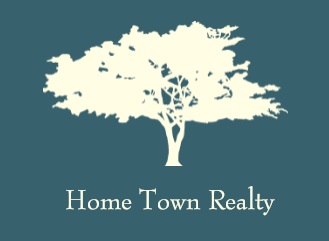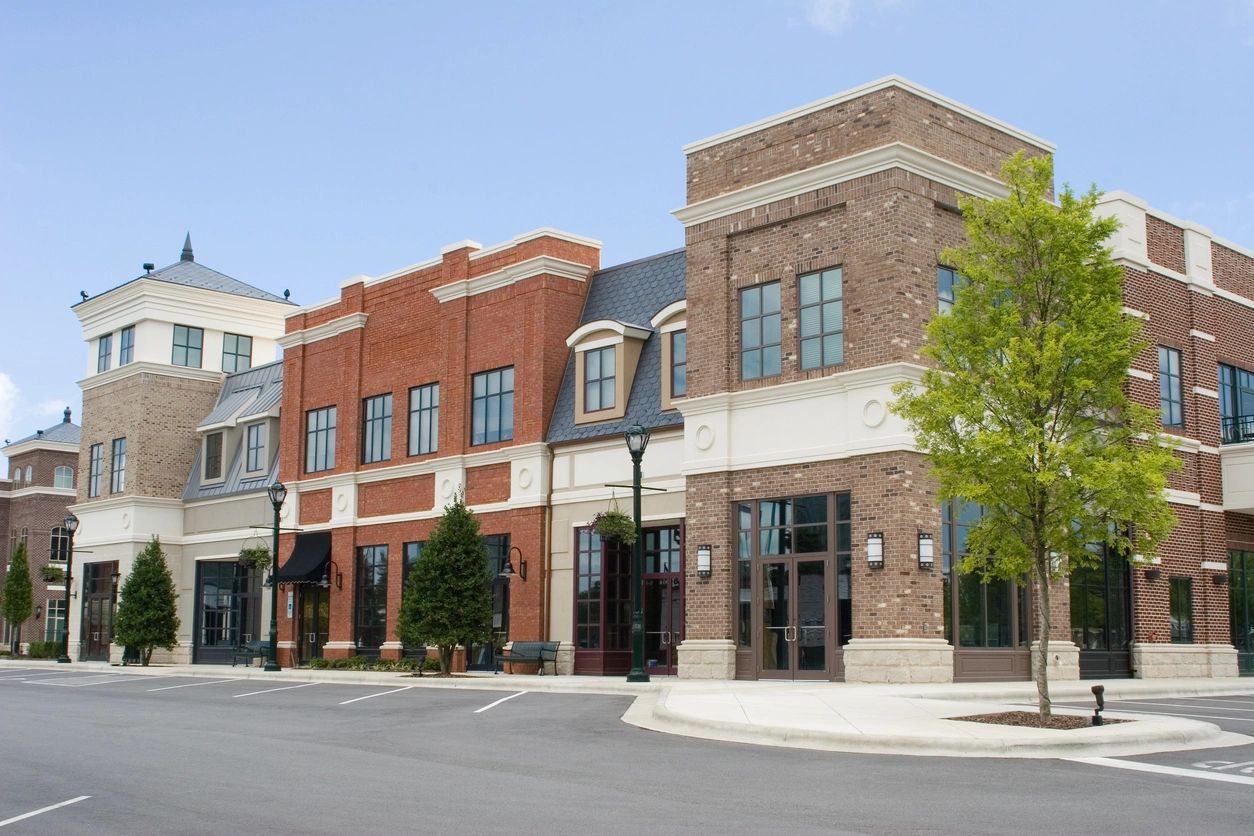If there is one category of real estate that provides you excellent returns on your investment, it is commercial real estate. The capital appreciation of commercial properties is far higher than other types of properties in today’s world. As an investor, you have to put in at least ten times more research, time and effort in analyzing the commercial property than you would do for a residential property before you put your money in it.
Since the money involved is more in commercial real estate, it is also a category that is usually related to more risks and more returns. You cannot afford to make a single mistake here, because you are about to put in a lot of money in buying a commercial property. That’s why we have come with some basic points that you should follow before buying commercial properties.
- Get clarity on your requirements
Unless you know what you want to do with your commercial property, you can never find the right property to invest in. Many people buy properties for different reasons. What do you intend to do with your property? Here are some questions that you have to ponder on to get some clarity on your requirements:
- Am I going to set up my own business in the property or am I going to lease/rent it out to others?
- How am I going to raise funds for buying this property and how much can I allocate for the same?
- If I decide to lease or rent it out others, will I have the time to commit myself to the property and perform the role of a landlord, especially when I already have a full-time job?
- Am I going to be the sole buyer of this property or am I going to partner with anybody else?
- What will be my future relationship be with my commercial property, considering that I invest in one now? Will I have the time to conduct regular maintenance checks on the property?
- What kind of location am I comfortable with, and what are the market prices of the property in that area?
- Will I need the help of a real estate agent specializing in commercial properties or can I handle the deal all by myself?
These are only some of the basic questions that we have come up with. You can think of these lines to list down your requirements clearly. Once you know what to expect from your deal, you can execute it properly.
It also makes sense to hire an agent who has a rich experience in dealing with commercial properties. After listening to your requirements, he will guide you to choose the one that is most suitable for you. Since the cost involved in a commercial property is quite steep, you shouldn’t get into the deal all by yourself. It is a prudent decision to keep a subject matter expertise by your side to help you make the right decisions.
- Detailed analysis of the commercial properties that you visit
When you are about to invest a huge sum in a commercial property, you aren’t going to do that after visiting just one property, are you? You will visit at least five commercial properties in different localities to assess your options. Analyze each property in great detail to make a cost-benefit analysis as to what would bring your profits in the long run.
Some of the points that you have to consider when you are inspecting the properties are:
- Proximity to important landmarks as these will grow phenomenally in the future
- Details of the current owner and the reason for the sale
- Details of current tenants on the property – when a property doesn’t have many vacancies, it means that it is a profitable venture
- Comparison of market rent vs. the current rent of the property – if the rent of the property that you are looking at is lesser or same as the market value, it means that property is a no-risk investment and you can go ahead with that, provided it meets your other conditions
- Detailed analysis of the paperwork related to the property to see if there are any pending dues, liens, or taxes on it
- Condition of the property and an approximate quote of the repair costs that you have to spend right away to improve the value of the building
- Current income-generating potential of the building – you can calculate this by subtracting the expenses such as principal, interest, tax and insurance charges from the gross income generated by the property per year
- Current investment required to buy the property, down payment charges and the final value after negotiating
- Details of any current restrictions on the property (for example, it shouldn’t be used to manufacture chemical products, etc.)
Your agent will help you draw a detailed analysis of each of these properties on these lines. This way, you can compare all the five properties and choose wisely. Never choose a commercial property based on the cost factor alone. Location is one of the key factors responsible for the increase in worth of a building in the long run. So, you need to compare your checklist and make the right call to ensure that your money is invested in the right property.
- Sort out your financing options
Once you have a fair idea about the price of the commercial property and the down-payment that you have to pay for the same, you have to start thinking of your financing options. Do you have some other assets that you can arrange as collateral and arrange funds from the banks? Is your credit history good enough for banks to provide you a loan at a fairly low-interest rate?
If banks and other mortgage institutions together cannot fund your loan amount, have you arranged for other alternate sources? Can you take a personal loan from your friends or family members? How much money can you arrange through these methods? You should have clear answers to these questions related to financing before you proceed with buying with commercial real estate.
The best way to go about this is to finalize your financing options first even before you start looking out for commercial properties. This way, you will get to know how much you can arrange and more importantly how much you can afford for your property.
- Hire a surveyor to get the property inspected
Before you buy a commercial property, you should ensure that you appoint an authorized surveyor to inspect the commercial property. This is a critical part of the due diligence process. The surveyor should have been registered with a reputed authority in your country. He will submit a detailed report after the inspection. This report will contain details such as your boundary lines, total acreage, identification and assessment of public utilities such as water, gas, lighting, internet, etc.
As part of the mandatory process, the seller appoints a surveyor to find out these details. However, as the buyer, you are also given the freedom to appoint your own surveyor to conduct another inspection of the property. If the report submitted by the surveyor you have hired, is different than the one submitted by the seller’s surveyor, you can point out the changes and cancel the transaction.
- Get the terms of the contract right
Once you have finalized your purchase deal, you should first get all the terms in writing and get it signed from the seller as well. You should hire an advocate to help you get the contract written properly so that all the important items are covered. The contract is an important document that will be quite handy in the future, as proof of your ownership. You can have a joint session with your lawyer and the seller as well, in which, the lawyer explains each and every term of the contract to both of you to avoid problems in the future.
As you can see, there are quite a lot of factors that you have to consider before investing in a commercial property. There are lots of risks associated with this decision, so you need to proceed with caution. When you are trying to invest in commercial real estate, it is highly recommended that you diversify your investment as much as possible to mitigate the risks involved in this process.
In the event of an economic slowdown or recessions, tenants tend to vacate all of a sudden. In that case, the property’s income-generating capacity comes down phenomenally. This can lead to huge financial losses for you. Therefore, it is advisable to split your money among residential properties, farmlands rural homes and other forms of real estate as well, along with commercial real estate. This way, the losses that you get from investing in commercial properties can be offset by the gains that you get in other types of real estate.
Having said that, we also like to conclude that commercial real estate is one of the best sources of return for a smart investor, who knows the tricks of the trade. The key is to assess the properties properly and make a qualified decision, after making a cost-benefit analysis.





